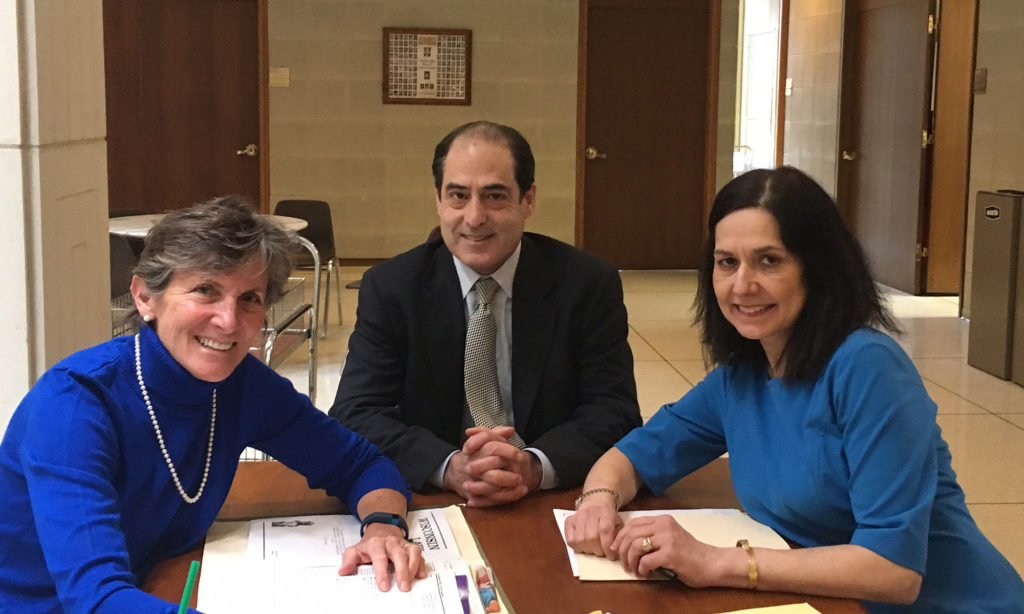Dementia-- Everyone's ageing fear
Dementia Cases in the U.S. Will Surge in the Coming Decades, Researchers Say
By 2060, new dementia cases per year could double to one million because of the growing population of older Americans, a study predicts.
Pam Belluck reports on brain health and neuroscience. (from the NY TIMES)
The number of people in the United States who develop dementia each year will double over the next 35 years to about one million annually by 2060, a new study estimates, and the number of new cases per year among Black Americans will triple.

The increase will primarily be due to the growing aging population, as many Americans are living longer than previous generations. By 2060, some of the youngest baby boomers will be in their 90s and many millennials will be in their 70s. Older age is the biggest risk factor for dementia. The study found that the vast majority of dementia risk occurred after age 75, increasing further as people reached age 95.
The study, published Monday in Nature Medicine, found that adults over 55 had a 42 percent lifetime risk of developing dementia. That is considerably higher than previous lifetime risk estimates, a result the authors attributed to updated information about Americans’ health and longevity and the fact that their study population was more diverse than that of previous studies, which have had primarily white participants.
Some experts said the new lifetime risk estimate and projected increase in yearly cases could be overly high, but they agreed that dementia cases would soar in the coming decades.
Dementia already takes an enormous toll on American families and the country’s health care system. More than six million Americans currently have dementia, nearly 10 percent of people 65 and older, research has found. Experts say that each year in the United States, dementia causes more than 100,000 deaths and accounts for more than $600 billion in caregiving and other costs.
If the new projections are borne out, there will be about 12 million Americans with dementia in 2060, said Dr. Josef Coresh, director of the Optimal Aging Institute at New York University’s Grossman School of Medicine and a leader of the study, which involved about 100 researchers at 10 universities.
The study reinforces the urgency of trying to prevent or slow the onset of dementia, the authors and other experts said. Their major recommendations are to improve people’s cardiovascular health with medication and lifestyle changes; increase efforts to prevent and treat strokes, which can lead to dementia; and encourage people to wear hearing aids, which appear to help forestall dementia by allowing people to be more social and cognitively engaged.
“One needs to see the huge magnitude of the issue,” said Alexa Beiser, a professor of biostatistics at Boston University School of Public Health, who was not involved in the new study but evaluated it as an independent reviewer for the journal. “It’s enormous, and it’s not equally distributed among people,” Dr. Beiser added, noting that the study found disproportionate risk for Black Americans.
For those wondering why Dying RIgh NC, which advocates for end of life options for North Carolinians, is outlining the growing presence of dementia as an end of life risk, tne answers are simple: dementia is a terminal illness which can linger for years but often leaves its patients in a second childhood-- incontinent, incomprehensible, helpless and a shadow of the former person. Unlike in the Netherlands and Belgium, an individual cannot execute an advanced directive calling for euthanaisa should dementia be diagnosed. The only optioin is the execution of a Supplemental Advance Directive for Dementia (SADD) which empowers the helathcare proxy at the right moment to institute VSED.
We have on our website various SADD forms and encourage those in fear of or susceptible for genetic reasons to explore with their elder law lawyer the advisability of executing a SADD.


